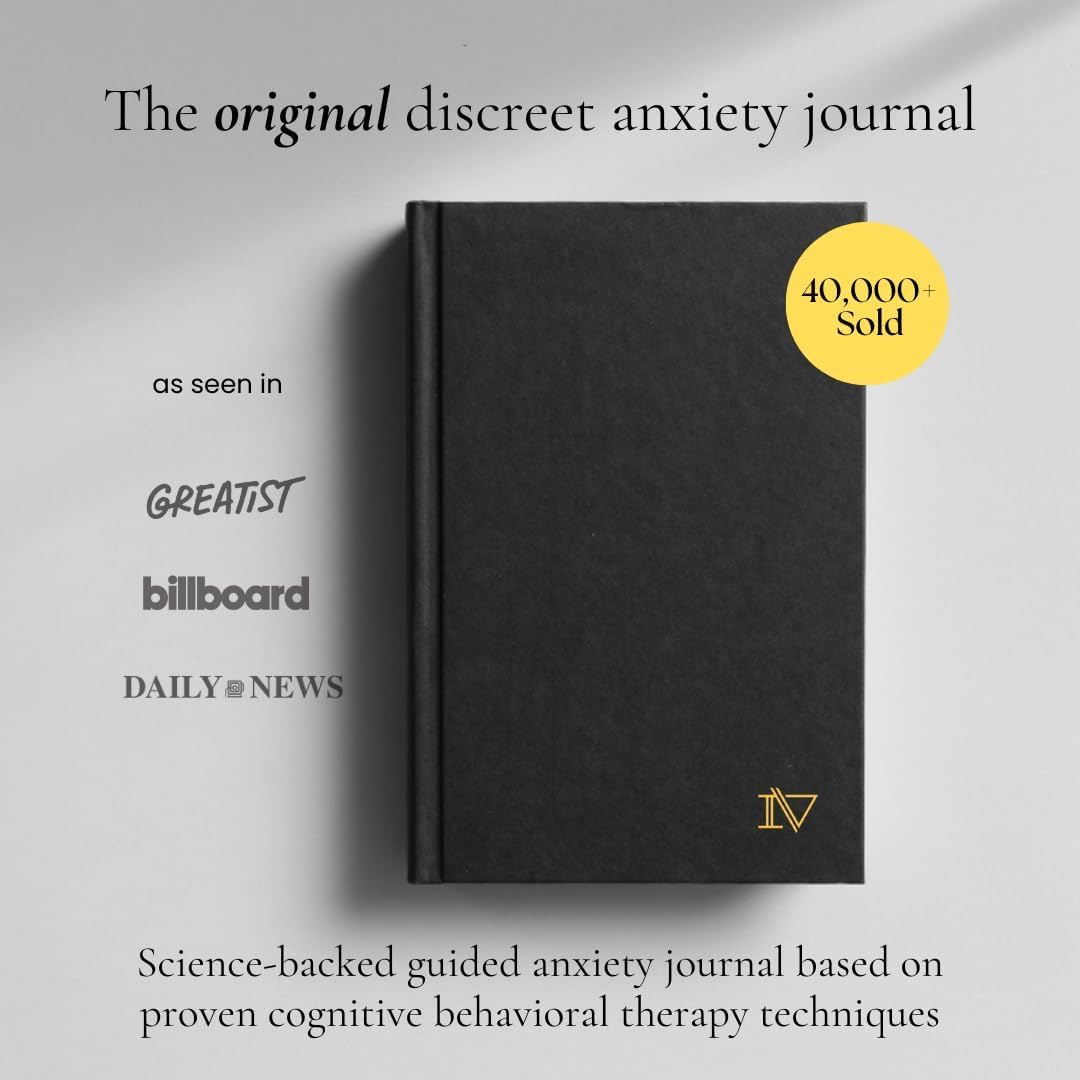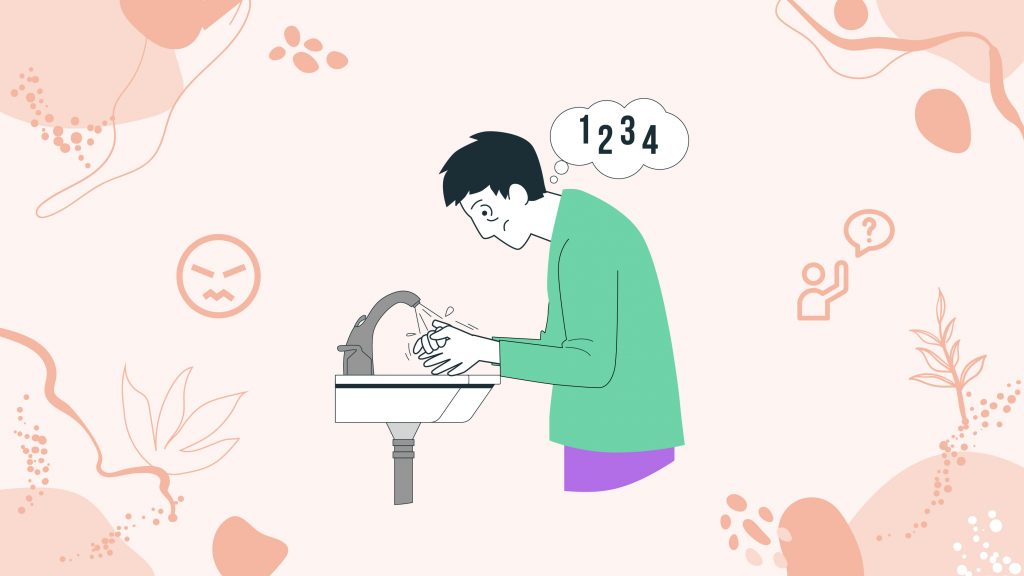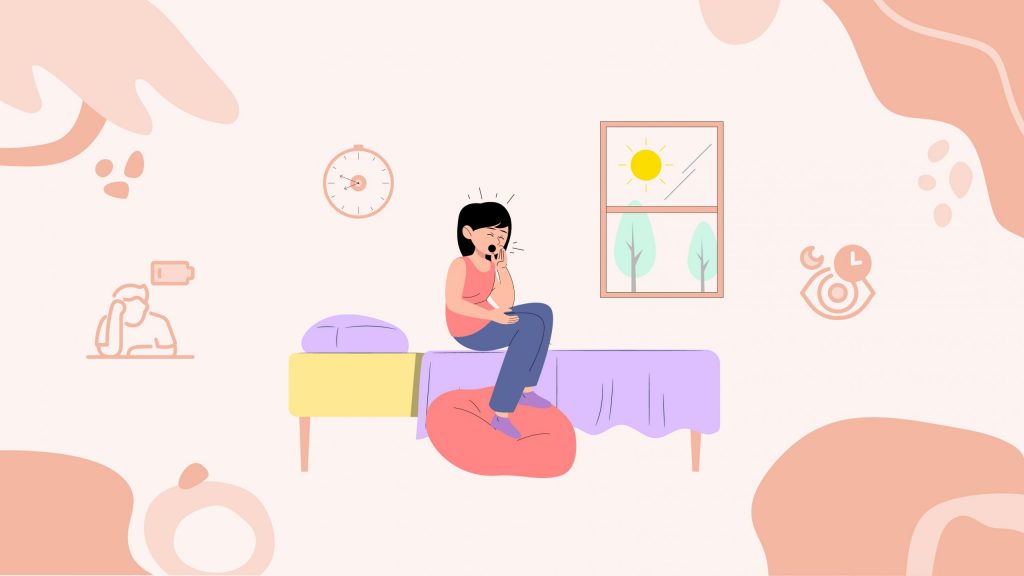“Guilt, that keeps coming back, finding it hard to forgive yourself, hiding in the darkness of shadows, running away from the troubled self”
You might be in a situation where you have done something that was not right as per your standards, or you are a person who feels guilty when you cannot achieve the goals you set for yourself, making it hard to forgive yourself.
Have you ever felt that your past actions were not up to the mark, and you start feeling burdened and suffocated by that? Do you always take it hard on yourself when you have regrets, shame, or guilt?
If all these scenarios fit into your life, then you must learn how to forgive yourself and be allowed to make mistakes in life and learn from them.
Let’s discover more about the self-forgiveness process, how it works for your well-being, and what powerful steps you can take to forgive yourself.
Why is forgiving yourself important?
Have you ever wondered why you find it hard to forgive yourself even after knowing it wasn’t a big deal? Does it mean you have set unrealistic expectations for yourself? Are you ignoring the fact that mistakes are a part of your life?
Let’s find out the answers here!
Forgiving yourself is one of the deepest acts of self-compassion that you can offer. It helps you release the emotional burden that drags your heart, making room for inner peace.
When you find it hard to forgive yourself, it will trap you in a cycle of self-criticism and an emotional rollercoaster. You start to believe that you deserve the pain you are experiencing, which leads to more suffering.
Self-forgiveness is not just about letting go of your past but creating a mental space for growth, change, and happiness.
👉 Pro Tip
When self-forgiveness feels impossible, try writing a letter to yourself as if you were comforting a friend in the same situation. This small act of empathy can shift your mindset and help you recognize that you just deserve kindness and understanding.
Research shows that 67% of people who struggle with guilt also experience lower levels of life satisfaction, which makes forgiving yourself crucial for your overall well-being.
The Psychology Behind Self-Forgiveness
The base of self-forgiveness is the mental process of self-awareness and self-compassion. Psychologically, when you are not able to forgive yourself, your brain strengthens the negative self-perception and makes it even harder to break free from the cycle of guilt.
According to neurological studies, holding onto guilt and regret activates the prefrontal cortex, which is responsible for thinking and decision-making. It makes you constantly replay past mistakes in your mind.
But the good news is that if you practice self-forgiveness, you can work on your mental peace and stability. It is essential to reframe your thoughts as per the cognitive-behavioral therapy (CBT) and other psychological frameworks.
🎭 Fun Fact
Did you know that your brain can actually reward you for forgiving yourself? When you practice self-compassion, your brain releases feel-good chemicals like oxytocin, giving you a mini mood boost every time you let go of guilt!
If you start to see your mistakes as an opportunity for growth rather than reasons for self-punishment, you will begin to break those harmful patterns.
How Weight of Guilt is Affecting you?
If you think guilt is just a momentary emotion, then you must understand that it has lasting effects on your mental and physical health. If you have been carrying the feeling of guilt for a very long time, it will affect your mood and drains your energy, making you feel more anxious and depressed.
A constant replay of past mistakes in your mind can impact the hippocampus, the part of your brain responsible for memory and learning, making it difficult for you to stay in the present as your mind is constantly busy analyzing the past.
A study revealed that over 50% of people who experience chronic guilt also report difficulty concentrating and maintaining emotional stability. This emotional burden will start showing up in your physical health, inviting tension, fatigue, or even physical pain.
🎭 Interesting Fact
Carrying guilt for too long can disrupt your sleep cycle! Studies have shown that persistent feelings of guilt and regret can lead to insomnia or restless sleep, making it even harder for your mind and body to recover from emotional stress.
You have no idea how your mind is connected to your body; when it is not in a better state, it will start affecting your body. At this point, it becomes even more essential to learn self-forgiveness, and it can significantly reduce these harmful effects, which allows you to feel relieved and have more control over your emotional health.
Powerful Methods to Forgiving Yourself and Letting Go of Regret
If you have been a victim of guilt and find it difficult to forgive yourself, it starts affecting your mind and body. Here are some of the powerful methods to forgive yourself and let go of your regrets:
- Acknowledge Your Mistakes Without Judgment
The very first step towards self-forgiveness is to accept that, as a human, you are bound to make mistakes, and you should not judge yourself based on them. You must take a moment to reflect on what happened as an act of kindness towards yourself. You can ask yourself, “What was I going through at that time?” or “What did I learn from this?”
Understand that you cannot change the past but can change how you react to it.
- Understand the Difference Between Guilt and Shame
Another way to set yourself free from guilt is by understanding the difference between your guilt and shame. Guilt is a feeling that emerges when you have done something wrong; on the other hand, shame comes when you believe that you are something wrong. It becomes way harder to forgive yourself when you are caught in the loop of shame.
It is essential to recognize the difference between the two to focus on what you did rather than who you are. It helps to create a healthier foundation for self-forgiveness.
- Practice Self-Compassion
Self-compassion is another great way to free yourself from the guilt and shame you have built up for a long time. It is important to treat yourself as you would treat a close friend who is struggling. Research from Dr. Kristin Neff shows that self-compassion can lower levels of anxiety and depression.
When you speak to yourself with kindness, you start to break the harmful cycle of self-criticism. Understand that you are allowed to make mistakes, and you can grow from them. Self-compassion is not just about releasing your burden; it is more about understanding that you are worthy of forgiveness and elegance.
- Learn from the Experience
You should not punish yourself whenever you make a mistake; instead, you should learn from your experiences and move on. Holding on to your past guilt and regret can never bring anything good to your life. You should be more invested in what that situation taught you. It will definitely help you improve the areas that you are behind or habits you need to break.
Forgiving yourself becomes easier when you are able to harvest wisdom from your mistakes and apply it to your life and future actions. You can also keep a journal to analyze past experiences and turn them into lessons for the future.
- Let Go of the Need for Perfection
You, as a human being, by nature, tend to hold yourself to unrealistic standards of perfection, which gives you a reason to struggle to forgive yourself. Perfection is just an illusion; no one can get everything right all the time, which is okay.When you forgive yourself, you embrace your imperfections and acknowledge that they are a part of the human experience. As the saying goes, “Progress, not perfection.” you must focus on how far you have come rather than where you have fallen behind.
Mindful Question
What is one small mistake you’ve been holding onto recently? Take a moment to reflect: how would your day-to-day life improve if you chose to forgive yourself for it today?
If you are surrounded by clouds of guilt and cannot forgive yourself for your past mistakes, you must work on the above techniques and let go of the things holding you back.
Conclusion
When you are practicing self-forgiveness, you must realize that it is not just a one-time event but an endless process. There will be days when you will regret your past mistakes, and it will feel like a heavy burden on your shoulders; however, you can overcome it by constantly moving forward.
You must acknowledge your mistakes, learn from them, practice self-compassion, and let go of the need for perfection. Forgiveness does not tell you just to make your peace with the past; it also makes new paths for a healthier and happier future.
“A new chapter begins with forgiveness, taking a road to happiness, admitting the mistakes, leading a life filled with mindfulness.”
Activity: The Forgiveness Letter Take 10 minutes to write a letter to yourself but from the perspective of a compassionate friend. In this letter, acknowledge the mistake you’ve been struggling with and offer words of kindness, understanding, and forgiveness. When you’re done, read the letter aloud and notice how your feelings shift. This simple act can help you embrace self-forgiveness and let go of lingering guilt. |





















